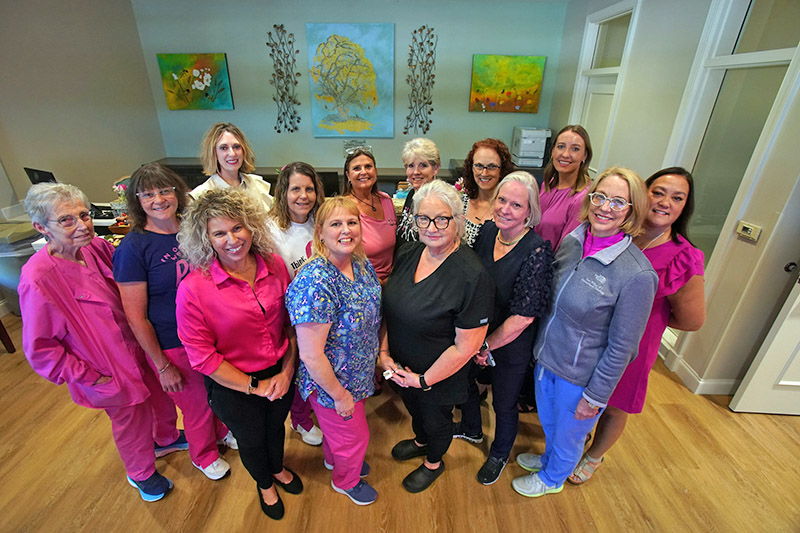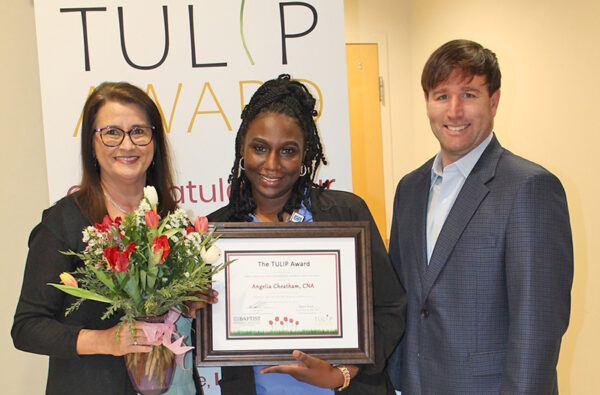Baptist Women’s Health Center recently completed an expansion of its Humphreys location, which will enable it to provide services for an additional 8,000 patients a year. The expansion also accommodates the latest technology for early breast cancer detection, contrast-enhanced mammography, which produces more precise images compared to standard mammograms, especially for women with dense breasts. Baptist Women’s Health Center is the first facility in the Mid-South to offer this new technology.
“Breast density is a risk factor for breast cancer, and about half of all women have dense breasts,” said Dr. Lynn Gayden, medical director of Baptist Women’s Health Center. “Contrast-enhanced mammography helps level the field for detecting breast cancer early in all women. This new technology should increase early detection rates.”
A contrast-enhanced mammogram can detect cancers that may not be visible on a standard mammogram, generating fewer false positives than MRI breast imaging and making breast tumors easier to see. It involves injecting a contrast dye through an IV before taking mammogram images. Cancers develop a network of blood vessels detected on MRI scans.
Contrast-enhanced mammograms have several additional benefits. The process is faster, less expensive and generally better tolerated than MRI. The mammograms may also provide patients with a definitive answer on the day of their visit compared to possibly waiting days or weeks for MRI results.















